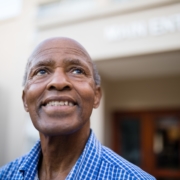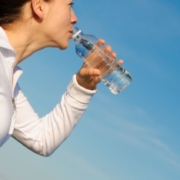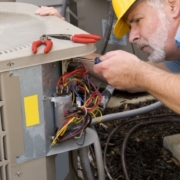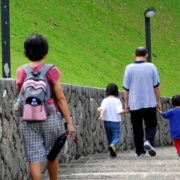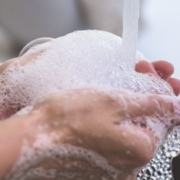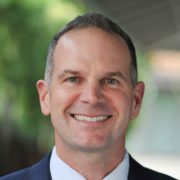Elder Fraud: How to Protect Yourself
The FBI estimates that American seniors lose $3 billion a year to elder fraud. Unfortunately, scammers often target seniors because they can be trusting and may have built up a healthy savings account over their lifetime.
Being aware of scams targeting seniors can help you protect yourself. It’s important to recognize the common tactics used in elder fraud so you know if it is happening to you or a loved one before it is too late.
What is Elder Fraud?
Elder fraud is any fraud that targets older adults. Scammers may target seniors by phone call, text message, email, or mail.
For victims, the financial impact of elder fraud can be devastating. The average victim of elder fraud loses around $34,000. Not only does it take a toll financially, but being a victim of fraud can hurt your mental and emotional health too.
Common Scams that Target Seniors
During the pandemic, there has been an increase in scams targeting seniors. As older adults spent more time online to connect with friends and family, fraudsters targeted seniors through emails and other online avenues.
Here are some of the top scams targeting seniors.
- Romance Fraud
The criminal targets widows and single elders, earning their trust. Eventually, the scammer asks for small sums of money and then larger. - Fake Grandchild
Scammers will call a senior and say something like, “Hi Grandma, it’s your favorite grandchild.” Then they ask for money for rent, a car repair, or similar. - Charity Scams
Using a fake charity name, criminals ask seniors to donate to a charity that supports a good cause. Online fund-raising pages can also be fraudulent. - Government Impersonation
Criminals claim they work for the government and tell elders they’ll be prosecuted or fined if they do not comply with their request. - Tech Support Schemes
A pop-up appears on the computer screen and says to call a number to resolve a computer issue. When the senior calls, the scammer poses as a tech support representative. They pretend to “fix” the computer remotely while gaining access to sensitive information and asking for payment in return. - Sweepstakes and Lottery Scams
Criminals call or email claiming that the designated senior has won a prize. They say that an initial payment needs to be made by the individual to gain access to the prize. - Phishing Emails
Phishing emails may look like they’re from a company you know or trust. Scammers disguise themselves to gain access to your passwords, bank account numbers, and other sensitive information. - Widow Schemes
Scammers will call a surviving spouse after losing a husband or wife. They claim to work for a financial institution associated with the deceased spouse and claim they need money to pay for fees, overdue bills, etc.
How to Avoid Being a Victim of Elder Fraud
Scammers are always creating new tactics and avenues to target seniors. Here are steps you can take to stay on guard and protect yourself.
Hang Up and Call Back
Scammers often disguise themselves as a business or organization you’re familiar with. They may even disguise their number, so it looks like you’re receiving a call from a local area code. If you receive a call from a person claiming to be from your bank, the Social Security Office, or a particular charity, and they ask for personal information, hang up.
Then, find your most recent bank statement or the official phone number online and call back. This ensures that you speak with the legitimate organization or business.
Be Careful of Links and Attachments
Even if you know and trust the individual who sends you a link via email, social media, or text message, be cautious before clicking on it. You may want to call your friend or family member to verify that they sent you the link. Clicking on suspicious links can lead to viruses or spyware being downloaded to your device–something you want to avoid.
Be Aware of Acquaintances
Sadly, scammers aren’t always strangers. Be cautious when lending money to friends or family members with addiction issues, financial difficulties, or a history of criminal activity.
Reporting Elder Fraud and Scams
If you think you may be a victim of elder fraud, reach out to someone you trust. Don’t feel embarrassed. It’s important to address the issue before it becomes worse.
You can also report the scam to the local police, file an internet crime complaint, or call your local FBI office. Reporting the crime is the first step in getting the scam shut down so other seniors won’t be defrauded.

